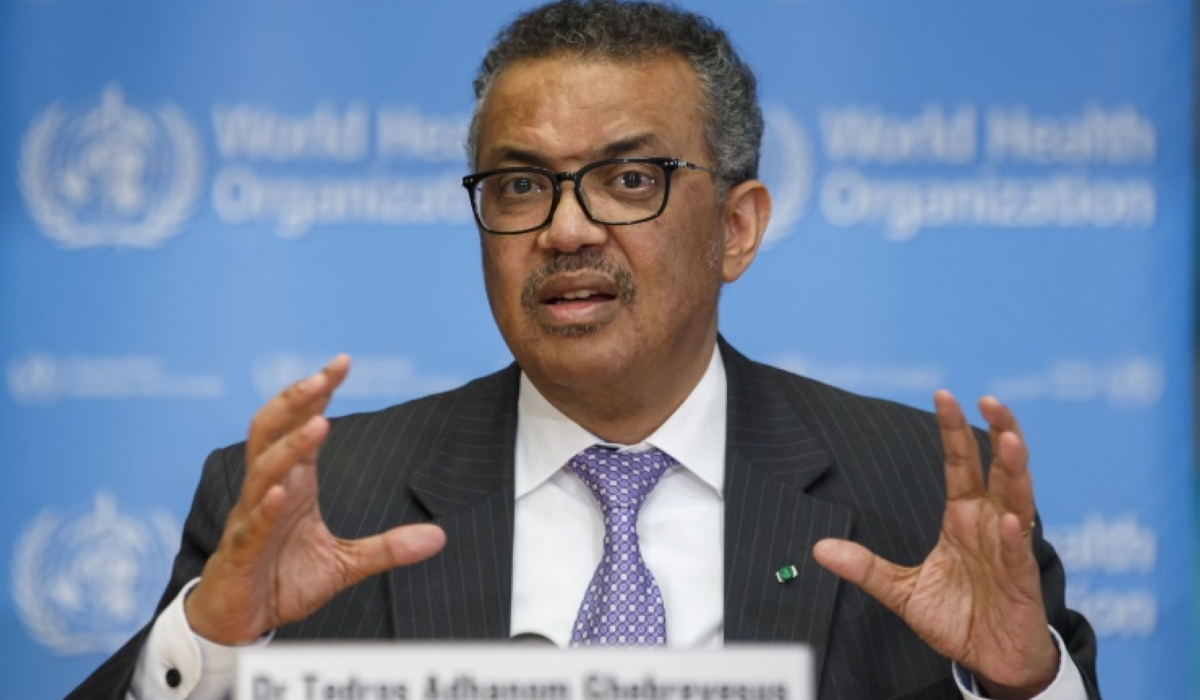By Adeyemi Adekunle
Following the escalating mpox outbreak across 12 African countries, the World Health Organization (WHO) is considering declaring the situation an international public health emergency. The outbreak, which has significantly impacted the Democratic Republic of Congo (DRC), has seen a disturbing rise in cases, prompting urgent international attention.
WHO Director-General Dr. Tedros Adhanom Ghebreyesus revealed that he “might convene an expert committee to advise on whether the outbreak should be declared an international public health emergency.”
This deliberation comes as the WHO, alongside the Africa Centres for Disease Control and Prevention (Africa CDC), local governments, and other partners, intensifies efforts to combat the crisis. Dr. Ghebreyesus emphasized the need for more funding and support to mount a “comprehensive response.”
Surge in Cases and New Strain Detected
The outbreak, which has alarmed health officials, is notably severe in the DRC, where the majority of cases have been reported. Compounding the crisis, a more virulent strain of the virus has been detected in neighboring countries, raising concerns about the potential for wider spread and increased fatalities.
Mpox, formerly known as monkeypox, is a zoonotic disease caused by the monkeypox virus, part of the Orthopoxvirus genus that includes smallpox, cowpox, and vaccinia viruses.
First identified in humans in 1970 in the DRC, mpox is characterized by fever, muscular aches, and skin lesions resembling large boils.
The disease has two main genetic clades: Clade I and Clade II. While the recent global outbreak was primarily caused by Clade IIb, experts suggest that the current surge in Africa involves Clade Ib, a different and potentially more dangerous strain.
Transmission and Symptoms
Transmission of the mpox virus can occur through contact with infected animals, contaminated materials, or close physical contact with an infected person. The virus can spread via direct contact with infectious lesions or bodily fluids, including respiratory droplets during prolonged close contact.
Symptoms typically begin within a week of exposure and include fever, headache, muscle aches, back pain, low energy, and swollen lymph nodes.
A distinctive rash often develops, starting as flat sores that turn into fluid-filled blisters. As the rash progresses, the lesions dry out, crust over, and eventually fall off. The rash can appear anywhere on the body, often causing significant discomfort and potential complications.
African Union Mobilizes Resources
In a related development, the Permanent Representatives Committee (PRC) of the African Union (AU) on August 2 approved an emergency allocation of $10.4 million from existing Covid-19 funds to the Africa CDC. This financial support aims to bolster efforts to combat the mpox outbreak across the continent.
Official statistics indicate a substantial increase in mpox cases and fatalities in 2024. From January to July, there have been 15,074 reported cases (2,853 confirmed and 12,221 suspected) and 461 deaths, resulting in a fatality rate of 3.06 percent.
This represents a 160 percent increase in cases and a 19 percent increase in deaths compared to the same period in 2023.
Urgent Call for International Support
As the WHO deliberates on declaring the outbreak an international emergency, the situation in the DRC and other affected countries remains dire. Health authorities are calling for urgent international support to contain the spread of the virus and provide necessary medical care to those affected.
The potential declaration of a public health emergency could mobilize additional resources and attention, crucial for addressing this escalating health crisis.




